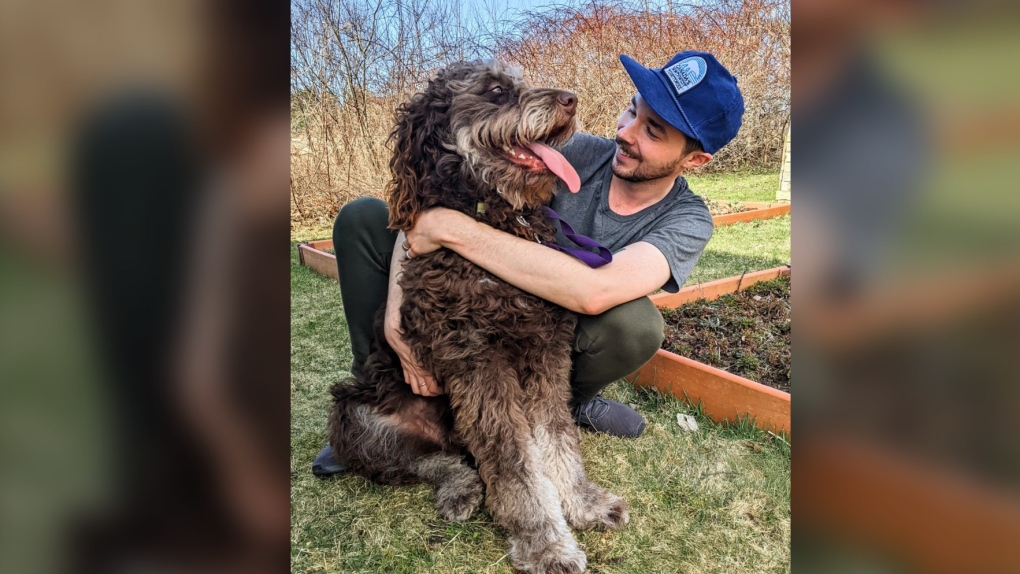
Nova Scotia mom wants policy change for organ, tissue donors after gay son's death
CTV
A mother is speaking out after the death of her gay son, calling the screening for organ and tissue donations stigmatized, after he was classified as a high-risk donor because he'd had sex with another man in the last five years.
When Liam Dee began receiving hospice care shortly after starting his nursing career, he knew the rare cancer that had ravaged his body meant his organs were too damaged to donate. But the 26-year-old was grateful his tissues, including skin, corneas, tendons and bones, could still go to people who needed them.
However, his tissues were rejected when he died last November, said his mother Cindy Gates-Dee, who learned from reading her son's medical records that his "homosexual status," as noted on a screening form by a tissue specialist, meant he was declined as a high-risk donor because he'd had sex with another man in the last five years.
But neither she nor Dee's husband was asked any questions about Dee's lifestyle to determine the probability of high-risk behaviour that specialists believe lead to increased risk of HIV or hepatitis B and hepatitis C, Gates-Dee said from Aylesford, N.S.
"Huge assumptions were made. I know that my son would have been upset," said Gates-Dee, adding he'd registered as an organ donor long before 2021, when Nova Scotia became the first province where residents are presumed to agree to donate their organs and tissue when they die, unless they opt out of the program.
"It is obvious that Liam had been discriminated against," she said.
Her mission now is to file a case with the Canadian Human Rights Commission so others are not stigmatized, she said, and people on long wait lists for organs and tissues are not deprived of them.
"If he couldn't leave a legacy in helping other people with his tissues, then at least I could try to help change some of these policies."
